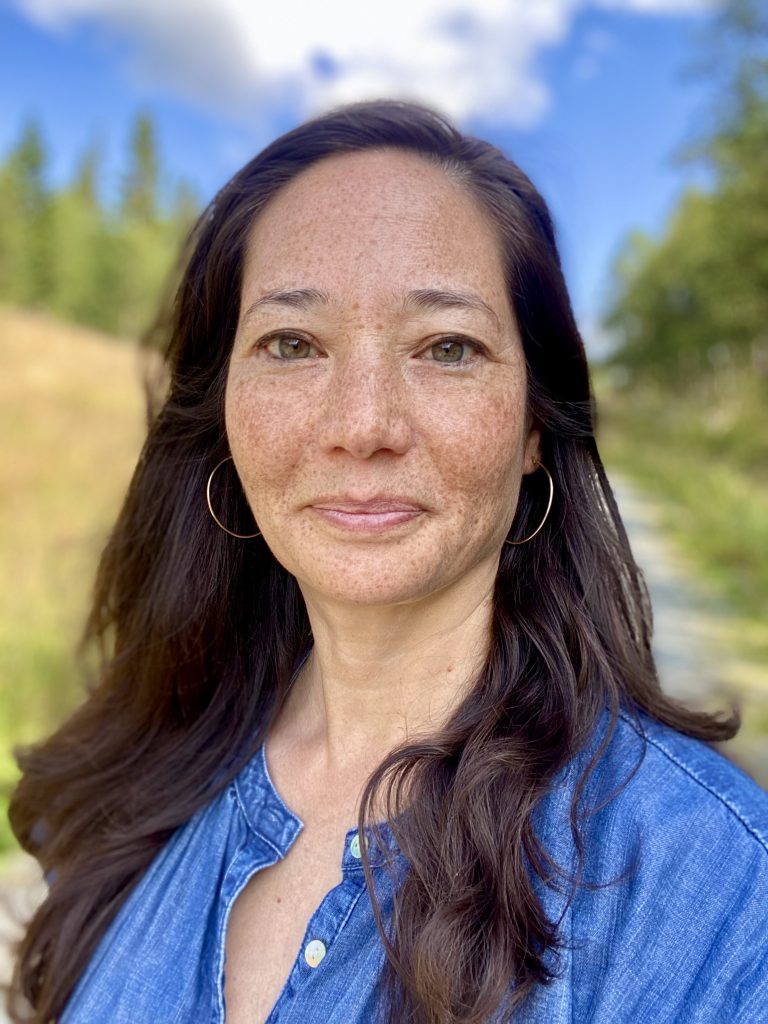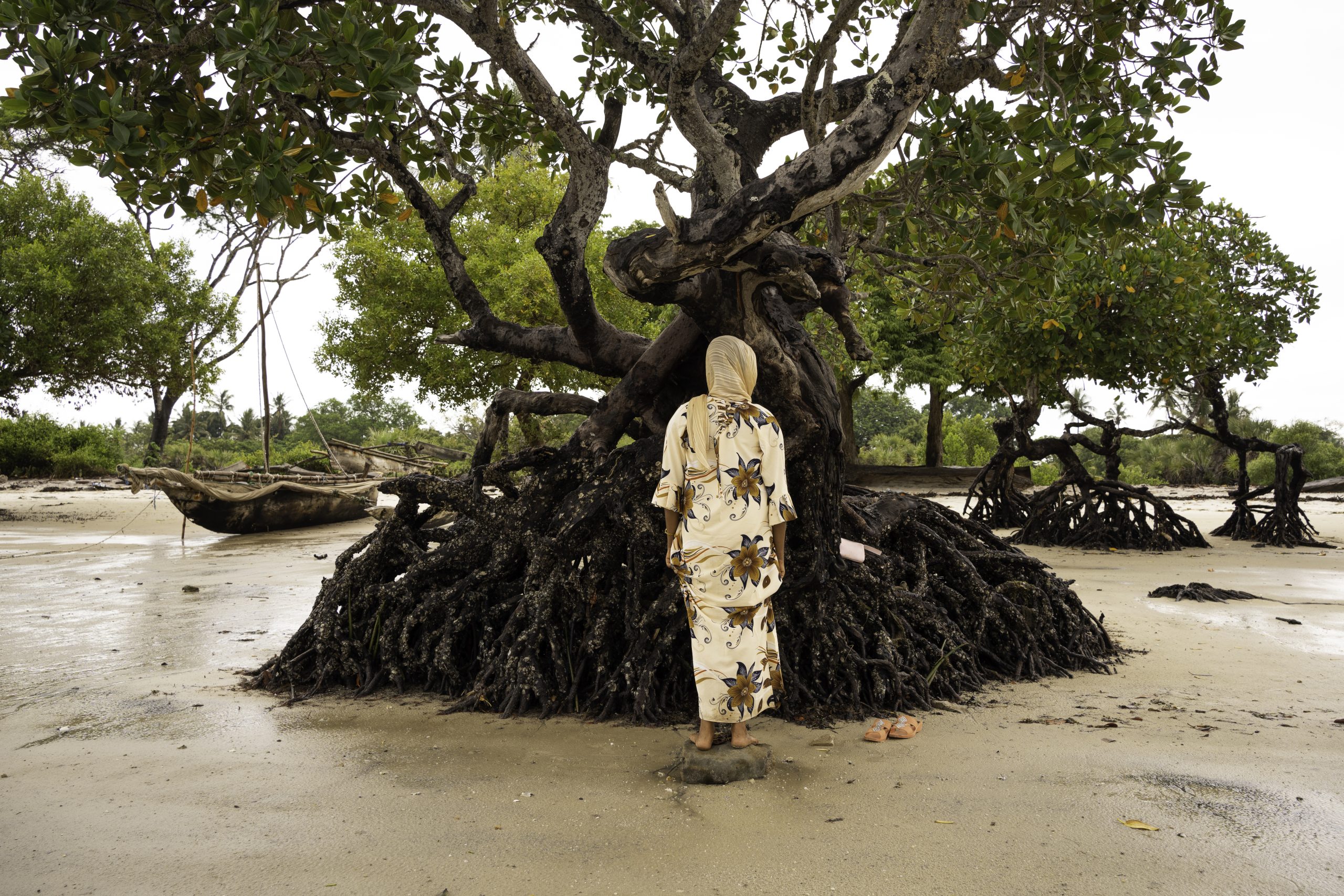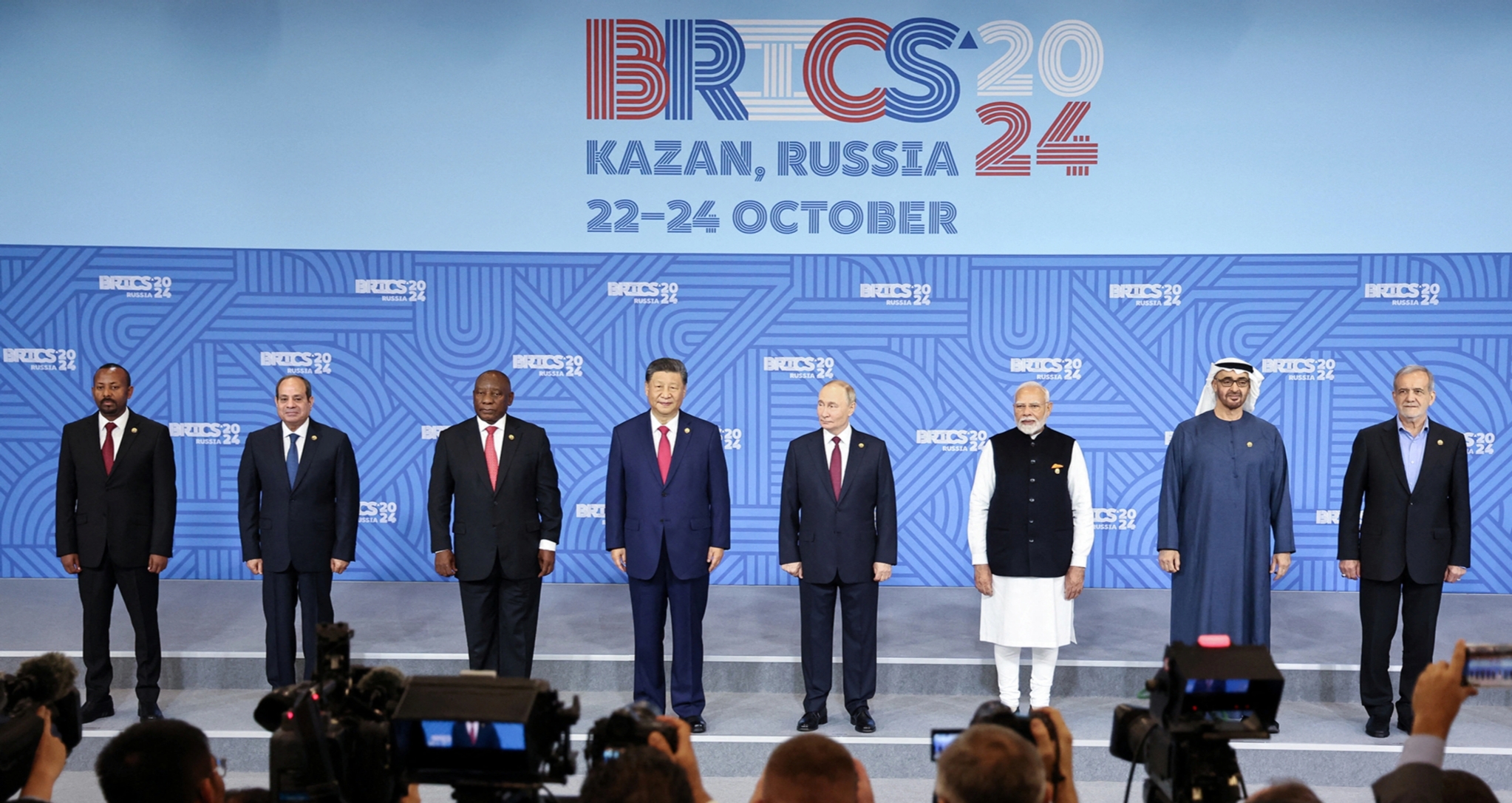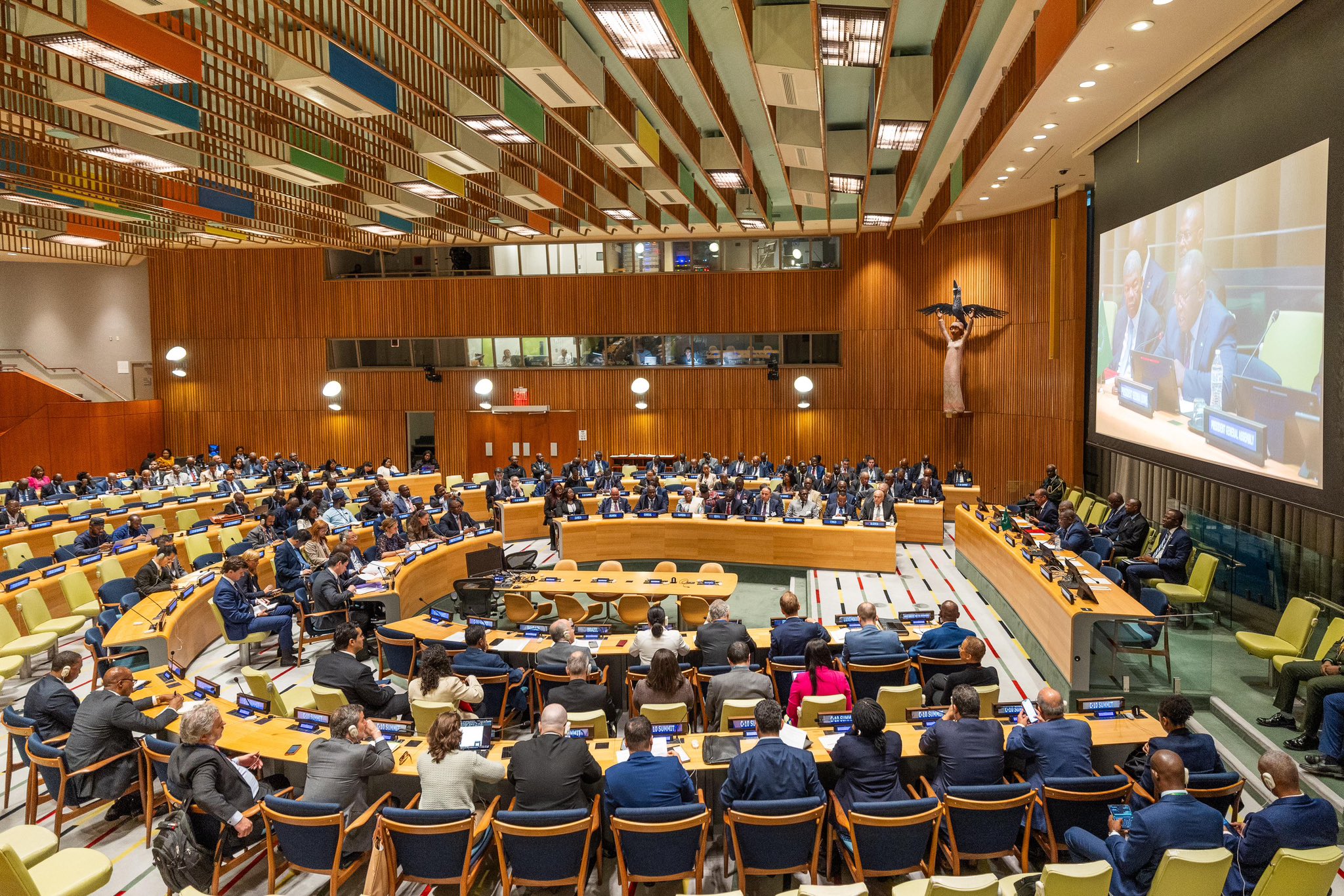KISUMU, Kenya, November 4th-A new report from ActionAid reveals that a mere 2.8 percent of climate finance is allocated to ‘just transition’ approaches, which prioritize the needs of workers, women, and communities in addressing the climate crisis.
This startlingly low figure indicates a significant neglect of those most affected by the climate emergency, jeopardising their rights and well-being while allowing harmful practices to persist.
As COP30 approaches in Brazil, ActionAid is collaborating with other organisations to call for concrete, coordinated international action aimed at achieving a just transition. The organisation’s findings shed light on the severely inadequate funding dedicated to ensuring that the shift to a greener economy supports and prioritises vulnerable populations.
In the report, titled Climate Finance for Just Transition: How the Finance Flows, data from the Green Climate Fund and the Climate Investment Funds reveals that less than 3 percent of climate finance supports just transition approaches.
Additionally, only 1.96 percent of projects adequately listen to and support communities during this critical transition, with only one dollar of every 35 directed toward just transition initiatives.
ActionAid emphasises the urgent need to pivot away from fossil fuels and industrial agriculture toward renewable energy and agroecological practices, all while prioritising the protection of jobs, rights, and affordable food and energy.
Just transition strategies involve engaging communities in local planning, providing training for new job opportunities, and offering income support to bridge gaps when environmentally harmful industries close.
Arthur Larok, Secretary General of ActionAid International, stated, “The world urgently needs action to prevent climate breakdown, but it should be the polluters, not the workers and communities, who pay the price. Our new report shows that just transition approaches are jaw-droppingly underfunded, and people’s needs are at the bottom of the priority list. Something’s got to give.”
He adds that if the just transition continues to be overlooked, then there’s a real risk that inequalities will deepen.
Teresa Anderson, the report’s author and Global Lead on Climate Justice, added, “No one should have to choose between a secure job and a safe planet. Just transition approaches ensure that climate action prioritises people’s daily needs and doesn’t inexplicably push individuals further into poverty.”

Without just transition methods, Anderson emphasises that climate action risks causing unintended harm, backlash, and further delays.
The report also recounts various instances of harm inflicted by industrial agriculture and fossil fuel companies on communities receiving support from ActionAid in the Global South, illustrating how communities are fighting against climate destruction and deforestation while identifying critical sectors that must protect both workers and local communities.
For generations, a community near Timbiras in Maranhao, part of Brazil’s legal Amazon region, has depended on babassu coconuts, a naturally growing palm that yields oil and fibres widely used in food, industry, and cosmetics.
As deforestation spreads, the residents are increasingly pressured by farmers, businessmen, and politicians to abandon their land for the expansion of industrial agriculture.
“They want to push us out to grow corn, soy, or cattle. They just want to grab this land,” stated an anonymous babassu coconut breaker from the area.
Community members have faced intimidation efforts to vacate their territory, including aerial pesticide spraying that has left them suffering from headaches, nausea, and other health issues. While pesticide spraying has been banned, enforcement remains lax, and deforestation continues.
Jessica Siviero, Climate Justice Specialist at ActionAid Brazil, emphasised, “The Amazon forest acts as the lungs of planet Earth, while the Cerrado serves as its veins, connecting vital ecosystems. With COP30 taking place in Belém, it’s crucial to spotlight industrial agriculture’s role in Amazon and Cerrado destruction.”
The time, she says, has come for a shift away from harmful industrial practices towards agroecological approaches that nourish people and heal the planet.
Siviero stresses that: “Just transition strategies must extend to agriculture as well.”
With one week remaining until COP30 convenes in Belém, ActionAid is calling for a global commitment to coordinate just transition efforts, specifically advocating for the establishment of a “Belém Action Mechanism” focused on just transitions.



